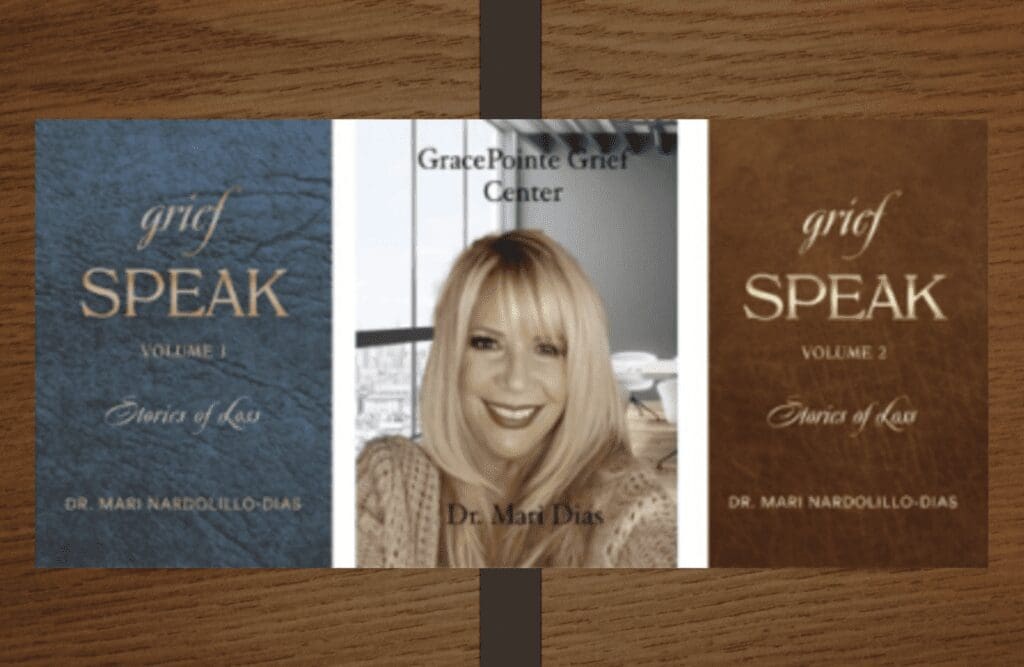Search Posts
Recent Posts
- Vinny Paz to be inducted TODAY into the International Boxing Hall of Fame – CES Boxing June 7, 2025
- In the News… quick recap of the week’s news (6.7.25) June 7, 2025
- Burn with Kearns: Strong without the spend: How scraps became strength tools – Kevin Kearns June 7, 2025
- Rhode Island Weather for June 7, 2025 – Jack Donnelly June 7, 2025
- How to advocate for threatened properties: The Heritage Alliance of Pawtucket June 7, 2025
Categories
Subscribe!
Thanks for subscribing! Please check your email for further instructions.

GriefSPEAK: Orchids and Dandelions, fear and loathing in America – Mari Nardolillo Dias
by Mari Nardolillo Dias, EdD, contributing writer on grief and grieving
I wrote this article last week. I did not think it would be relevant today. I was wrong. People continue to debate the reason for the Democratic loss in the election. Misogyny? Racism? Kamala had too short of a period to get her message across? Perhaps. For a small group of voters. Of course, the reasons do not need to be mutually exclusive. Despite the reasons, let’s focus on the reaction. Let’s look at the fallout on the Democratic voters.
I am scratching my head as I write. My understanding is that those who maintain a liberal view promote and respect diversity and inclusion. Transgender. LGBTQIA. Disabled. Ethnicity. Race. Culture. Social Class. This is a conundrum. I do not recollect any discussion of diversity and inclusion that contained an “except†clause. But there is. Respect and promote diversity and inclusion except when it is someone with conservative views? Therein lies the contradiction. Allow me to play devil’s advocate.
Why the melt- downs? In addition to the universities who offer “safe spaces†for those grieving their perceived loss of their country, many are blocking and unfriending long-time friends on social media. Still others are refusing to host and/or attend Thanksgiving with anyone who voted for Trump, unwilling to spend time with parents, grandparents, and siblings. I heard one TikToker state that she has disowned her family and will no longer speak to them for the rest of her and her daughter’s life. “Take me out of the will,†she pleads.
Thomas Boyce, MD authored a seminal book entitled “The Orchid and the Dandelion.†His analogous theory is we, as humans, are either orchids (a flower that takes a great deal of care- moderate sunlight, three ice cubes a week) or dandelions (a flower that can grow anywhere- with little to no care- through concrete it seems!) Boyce uses the flowers are examples of resilience, as defined as “the capacity to withstand or to recover quickly from difficulties; toughness.†(Oxford English Dictionary).
As noted, the orchid is symbolic of low resilience, the dandelion exceptionally resilient. Once thought of by the psychological community as a personality trait (and thus inherited), resilience is now viewed as a character trait influenced greatly by our upbringing, along with parental and societal expectations. It is more nurture. It can be learned. One can take two individuals who experience the same perceived trauma and the same level of grief, i.e., the loss of the election and react in two entirely diverse ways. The orchids will have great difficulty as they lack the ability to “bounce back quickly,†where the dandelions will be disappointed, upset, and angry. But they are tough. They have effective coping mechanisms. The most important take-away is that orchids can learn, even in adulthood, to morph, albeit slowly, into dandelions. For all the dandelions out there, good for you! For all the orchids, you can learn to become more resilient in the face of disappointment. Let us all aspire to be more like dandelions going forward…
___
Follow Mari on TikTok! The Grief Whisperer. She has started to read on topics like this, and others:

___
Access all of Dr. Dias’ columns at: GRIEFSPEAK

Dr. Mari Nardolillo Dias is a nationally board-certified counselor, holds a Fellow in Thanatology and is certified in both grief counseling and complicated grief. Dias is a Certified death doula, and has a Certificate in Psychological Autopsy.
Dias is an Adjunct Professor at CCRI, and Professor of Clinical Mental Health, Master of Science program, at Johnson & Wales University. Dias is the director of GracePointe Grief Center, in North Kingstown, RI. For more information, go to: http://gracepointegrief.com/
